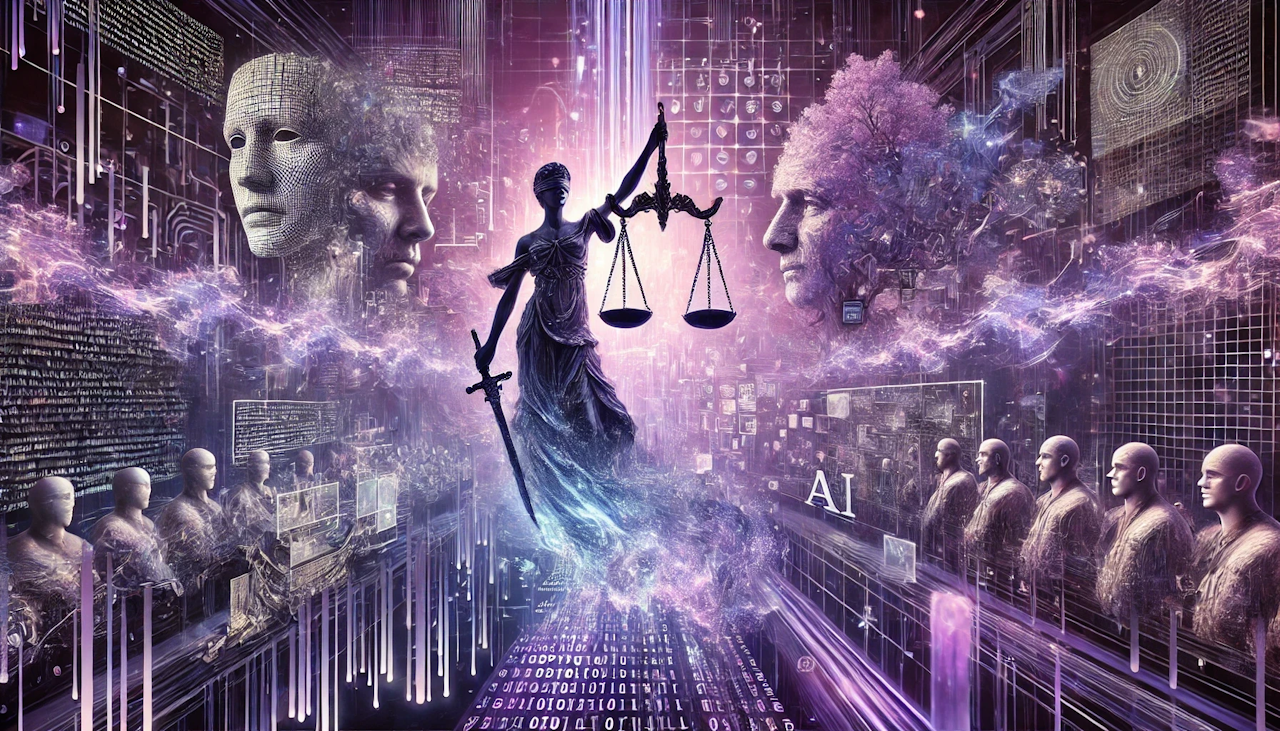In a twist that feels more like a science fiction plot than a legal drama, OpenAI has found itself in the midst of controversy following the accidental erasure of potential evidence in an ongoing lawsuit with The New York Times. This incident raises significant questions about the intersection of artificial intelligence development and legal accountability, demanding scrutiny from both tech enthusiasts and legal experts alike.
The alleged “glitch” that led to the data deletion is more than a mere technical hiccup. According to reports, OpenAI acknowledged the incident, describing it as an accidental erasure of data that could have been pivotal in the lawsuit filed by The New York Times. The lawsuit contends that OpenAI’s AI models utilised the newspaper’s content without proper authorisation, a claim that has been vigorously contested by the AI firm.
A Closer Look at the Lawsuit
The New York Times has been embroiled in a legal battle with OpenAI, accusing the company of copyright infringement. The newspaper alleges that OpenAI’s language models have ingested its articles without permission, a claim that underscores ongoing concerns about intellectual property rights in the digital age. This lawsuit is a significant test case for how AI-generated content interacts with existing copyright laws, highlighting the challenges in balancing innovation with legal frameworks.
Technical Details: What Went Wrong?
The technical details surrounding the data erasure are as perplexing as they are concerning. Over 150 hours of meticulous data extraction work were reportedly lost, raising serious questions about data management practices within AI companies. This incident not only underscores the vulnerabilities inherent in complex AI systems but also highlights the need for robust safeguards to prevent such occurrences in the future.
Navigating the Legal and Ethical Minefield
The legal ramifications of this incident are substantial. The loss of potential evidence could significantly impact the lawsuit’s outcome, possibly tipping the scales in OpenAI’s favour. From a legal perspective, this development complicates the court’s ability to assess the full scope of the alleged infringement. Moreover, it raises ethical questions about the responsibilities of AI developers in ensuring data integrity and transparency in legal proceedings.
OpenAI’s Response and Public Reaction
In response to the incident, OpenAI has expressed regret and outlined steps to improve their data management systems to prevent similar issues in the future. The public and expert reactions have been mixed, with some expressing concern over the implications for trust in AI systems, while others view it as a learning opportunity for the industry.
The Broader Picture: Implications for AI Development
This incident serves as a stark reminder of the broader implications for trust and ethics in AI development. As AI systems become increasingly integrated into various aspects of society, the importance of ethical practices and robust data management cannot be overstated. The OpenAI case highlights the need for industry-wide standards and protocols to address these challenges, ensuring that technological advancements do not outpace ethical and legal considerations.
The accidental erasure of potential lawsuit evidence by OpenAI is a complex issue with far-reaching implications. It not only affects the ongoing legal battle but also prompts a broader discussion on the accountability and ethical responsibilities of AI developers. As the tech industry continues to evolve, the need for stringent data management practices and ethical guidelines becomes ever more critical.
In Other News…
Robots that Move Like Humans Gain Trust, Research Suggests
A recent study highlights how synchronised movements between humans and robots can foster trust and enhance collaborative efforts. The findings could inform the design of future robotic systems for healthcare, education, and workplace collaboration.
Read More
Apple Aims for a Smarter Siri with Advanced LLM Technology
Reports reveal that Apple is working on a more conversational and context-aware Siri, leveraging large language models (LLMs) to compete in the evolving AI assistant market. This update could significantly enhance Siri’s usability and natural interaction capabilities.
Read More
The Art of Chat: AI Still Struggling with Human-Like Conversations
Despite significant advancements, new research indicates that conversational AI still falls short in replicating natural, nuanced human dialogue. The study emphasises the challenges AI faces in understanding context and maintaining engagement.
Read More


